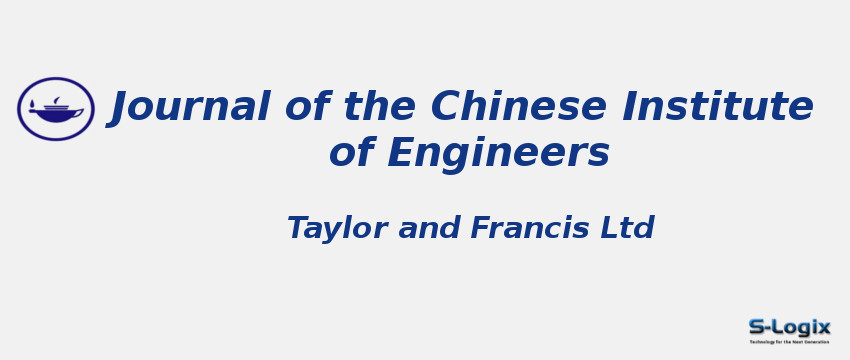Journal Home: Journal Homepage
Editor-in-Chief: Jia-Yush Yen
Print ISSN: 0253-3839
Electronic ISSN: 2158-7299
Abstracting and Indexing: Scopus, Science Citation Index Expanded
Imapct Factor 2024: 1.2
Subject Area and Category: Engineering (miscellaneous)
Publication Frequency:
H Index: 40
Q1:
Q2: Engineering (miscellaneous)
Q3:
Q4:
Cite Score: 2.5
SNIP: 0.570
Journal Rank(SJR): 0.314
Latest Articles: Latest Articles in Journal of the Chinese Institute of Engineers
Guidelines for Authors: Journal of the Chinese Institute of Engineers Author Guidelines
Paper Submissions: Paper Submissions in Journal of the Chinese Institute of Engineers
Publisher: Taylor and Francis Ltd.
Country: United Kingdom
